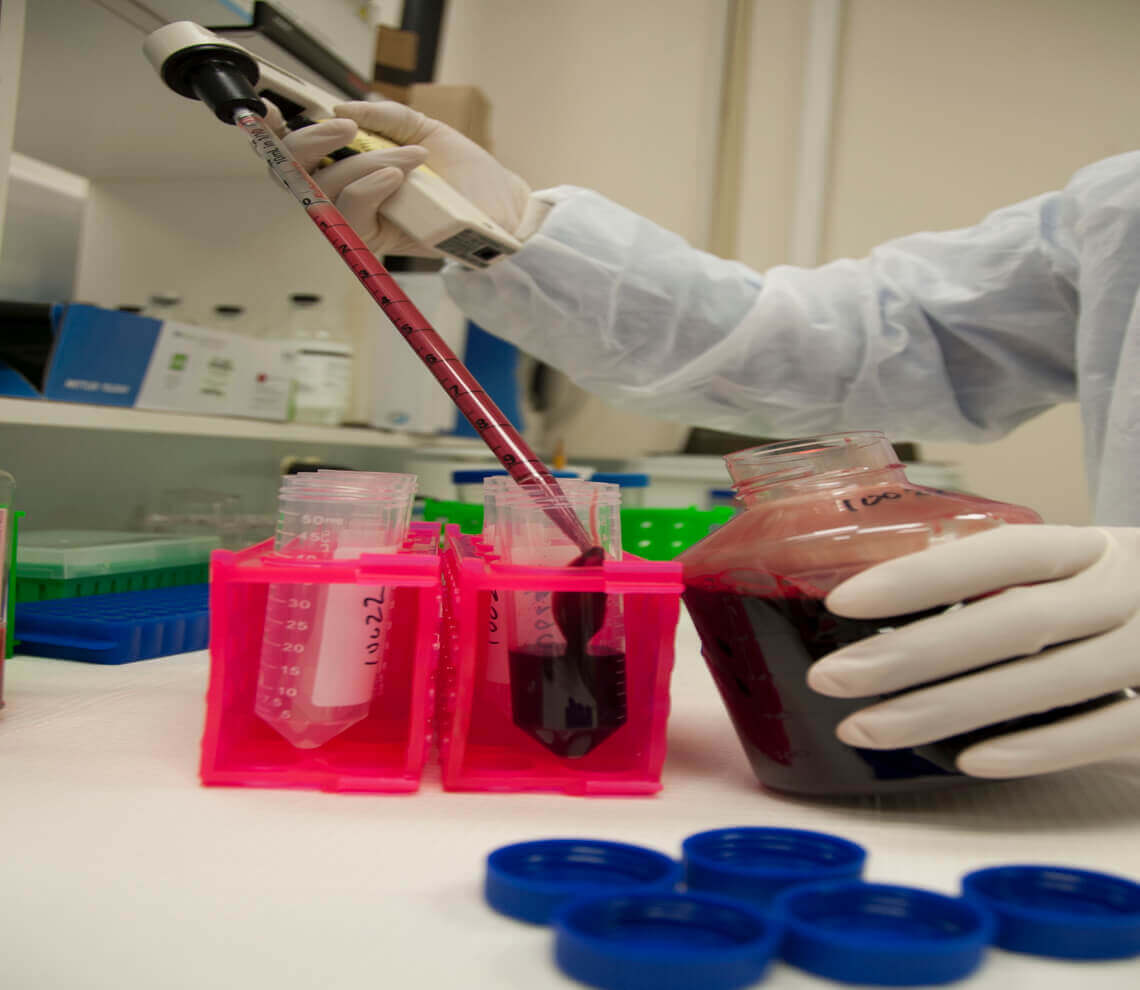- Our Suppliers
- MBS Monoclonals
- MOUSE Anti-HUMAN FC EPSILON R1 ALPHA:RPE Antibody
Product short description
Price:
475 EUR
Size:
100 Tests
Catalog no.:
GEN213801
Product detailed description
Clone
90
Purification method
N/A
Concentration
N/A
Immunoglobulin isotype
IgG2b
French translation
anticorps
Category
Antibodies
Clonality
Monoclonal
Latin name
Mus musculus
Also known as
Fc EPSILON R1 ALPHA
Host organism
Mouse (Mus musculus)
Subcategory
Mnoclonal antibodies
Tested applications:
Flow Cytometry (FACS)
Other gene names
FCER1A; FCER1A; FCE1A; FcERI; FCE1A; FcERI
Gene name synonims
FCER1A; FCER1A; FCE1A; FcERI; FCE1A; FcERI
Gene name
FCER1A; FCER1A; FCE1A; FcERI; FCE1A; FcERI
Form/Appearance
RPE (Purified IgG conjugated to R. Phycoerythrin (RPE) - lyophilised)
Species reactivity
Human (Homo sapiens); Due to limited knowledge and inability for testing each and every species, the reactivity of the antibody may extend to other species which are not listed hereby.
Description
The MOUSE Anti- FC EPSILON R1 ALPHA:RPE Antibody is a α- or alpha protein sometimes glycoprotein present in blood.This antibody needs to be stored at + 4°C in a fridge short term in a concentrated dilution. Freeze thaw will destroy a percentage in every cycle and should be avoided.
Test
MBS Monoclonals supplies antibodies that are for research of human proteins.Mouse or mice from the Mus musculus species are used for production of mouse monoclonal antibodies or mabs and as research model for humans in your lab. Mouse are mature after 40 days for females and 55 days for males. The female mice are pregnant only 20 days and can give birth to 10 litters of 6-8 mice a year. Transgenic, knock-out, congenic and inbread strains are known for C57BL/6, A/J, BALB/c, SCID while the CD-1 is outbred as strain.
Storage and shipping
Prior to reconstitution Keep the antibody refrigerated at +4 degrees Celsius. Temperature variations in the range between +1C to +7C are tolerable. After reconstitution Keep the antibody refrigerated at +4 degrees Celsius. Temperature variations in the range between +1C to +7C are tolerable. DO NOT FREEZE. the antibody is photosensitive and should be protected from light. If there is a precipitate in the vial we recommend you to briefly microcentrifugate it prior to use. Shelf Life: 12 months from date of reconstitution.
Properties
If you buy Antibodies supplied by MBS Monoclonals they should be stored frozen at - 24°C for long term storage and for short term at + 5°C.Human proteins, cDNA and human recombinants are used in human reactive ELISA kits and to produce anti-human mono and polyclonal antibodies. Modern humans (Homo sapiens, primarily ssp. Homo sapiens sapiens). Depending on the epitopes used human ELISA kits can be cross reactive to many other species. Mainly analyzed are human serum, plasma, urine, saliva, human cell culture supernatants and biological samples.
Other names
high affinity immunoglobulin epsilon receptor subunit alpha; High affinity immunoglobulin epsilon receptor subunit alpha; high affinity immunoglobulin epsilon receptor subunit alpha; Fc-epsilon RI-alpha; Fc epsilon RI alpha-chain; igE Fc receptor subunit alpha; Fc IgE receptor, alpha polypeptide; high affinity immunoglobulin epsilon receptor alpha-subunit; immunoglobulin E receptor, high-affinity, of mast cells, alpha polypeptide; Fc fragment of IgE, high affinity I, receptor for; alpha polypeptide; Fc-epsilon RI-alpha; FcERI; IgE Fc receptor subunit alpha
Specificity and cross-reactivity
Fc EPSILON R1 ALPHA This item recognises the human high affinity Fc receptor for IgE (Fc epsilon R1), which plays a central role in the IgE-mediated allergic response. Fc epsilon R1 consists of four subunits, a high affinity IgE binding alpha subunit, a beta chain and two di-sulphide linked gamma subunits. Clone 9E1 specifically recognises the extracellular D1 domain of the Fc epsilon R1 alpha chain. _x000D__x000D_Fc epsilon R1 is primarily expressed on mast cells and basophils but expression of Fc epsilon R1 has also been reported on monocytes, Langerhans cells and dendritic cells from patients with atopic diseases.; Since it is not possible to test each and every species our knowledge on the corss reactivity of the antibodies is limited. This particular antibody might cross react with speacies outside of the listed ones.
© Copyright 2016-Tech News . Design by: uiCookies

